#YISHREADS June 2024
By Ng Yi-Sheng / @yishkabob
Pride Month is upon us again! But rather than reviewing a series of broadly LGBTQ-themed books, as I did last year,[i] I’ve chosen to zoom in on a super-specific sub-genre of literature: queer speculative fiction from Asia and the diaspora.
Below, you’ll find an array of novels and short-story collections—all but one published within the last three years—encompassing the fields of fantasy, science fiction, magical realism, weird fiction and horror, often drawing directly on Asian history and legend to imagine alternatives to heteronormative romance.
Alas, the selection isn’t as diverse as I’d hoped. Sure, there are characters from every letter of the queer alphabet represented, and the authors hail from the USA, Singapore, Thailand, Malaysia and France. But you’ll notice there’s still disproportionate weightage given to Chinese and cisgender content.
(I’d originally hoped to feature Carlos Vergara’s Zsazsa Zaturnnah, a transgender superhero comic I purchased in Manila, but it’s all in Filipino. Maybe someday I’ll plough through it with Google translate.)
The Emperor and the Endless Palace, by Justinian Huang
MIRA Books, 2024
Let’s kick off with a fantasy novel that’s not just gay and Chinese, but also extremely sexually explicit! Cool premise, too: it follows a cluster of messy gay characters through three sets of incarnations, from the Han Dynasty court of Emperor Aidi and his favourite Dong Xian to the 18th-century, fox fairy shenanigans of Strange Tales of Liaozhai to the 21st-century, Los Angeles, circuit party scene.
Loads of evident historical research and recurring motifs of recreational drugs and abuse of power, plus a portrayal of the mind-bending intensity of gay love and sex… while also conceding the campy ridiculousness of our culture, and unwaveringly centering the beauty and agency of Asian men. (Not even a token white character in sight! Some very memorable women, though.)
Full disclosure: I befriended the author online in the early 2010s, when I was writing for Element Magazine—but back then I knew him only as a columnist, and had no idea he had a novel in him. Truth be told, there are little chunks of prose that I would've edited, had I been one of his early readers, and the ending is really rushed, with a description of Bangkok so cursory that I feel rather slighted as a Southeast Asian.
Still, I really do think this oughta be regarded as a contemporary gay Asian classic, fulfilling all of a casual reader's desires for magic and scandal, yet going deeper into soulful, even spiritual territory. Can't say too much, or I'll give away the ending! Too recent a publication for spoilers.
Scale-Bright, by Benjanun Sriduangkaew
Immersion, 2014
Today, it feels like everyone in the diaspora's writing xianxia and queer/genderbent retellings of Chinese history and legend—hell, I did a whole column about the topic in 2022, featuring works like Xiran Jay Zhao’s Iron Widow and RF Kuang’s The Poppy War.[ii] So it’s easy to shrug at the premise of these tales: reimaginings of the myths of the sun god Hou Yi, the moon goddess Chang-E, and the romance of Lady White Snake.
But take a look at the publication dates of the four stories in this collection—"Woman of the Sun, Woman of the Moon" (2012), "Chang'e Dashes From the Moon" (2012), "The Crows Her Dragon's Gate" (2013), and of course, the core novella, the title story, "Scale-Bright" (2014). These predate even Ken Liu's The Grace of Kings (2015), wherein he coined the very term silkpunk. Sriduangkaew was a pioneer of this genre, and in spite of her problematic online history, she should at least be remembered for this.[iii]
And as for the stories themselves? The prose is drippingly gorgeous, with all these vivid descriptions of heaven and the banbuduo realm of demons and the visceral fights and emotional turmoil and sex. I'm honestly used to seeing Hou Yi cast as an asshole toxic male whom Chang-E bests through feminine trickery, but I have to admit that by making them lesbians, Sriduangkaew makes the story more interesting, spinning their apotheoses and romance into a pretty complicated saga. Lots of badass goddesses too, besides—a sultry Daji with an LED-strewn harem of boy toys, a surprisingly humble Xi Wangmu, and Xihe, the mother of the ten suns, as a woman wresting power back from her husband.
Also much appreciated is the Hong Kong-ness of the stories set in the present. We have casual mentions of the MTR, Octopus Cards, Apple Daily, a fantastical double of the Shangri-La where one may order longma scales and mulberries from the Fusang tree, etc; plus the very characters are referred to using Cantonese or Mandarin names depending on the POV. How often do you see dialect transcriptions of holy or historical Chinese names in SFF these days? Multiculturalism doesn't mean equality for all.
The Waiting Room, by Choo Yi Feng
Epigram, 2024
A debut short-story collection from an emerging Singaporean author! I was at the press launch of this book, and I’d heard Yi Feng advertise it as queer speculative ecofiction… but that kinda understates the weirdness and complexity of these thirteen stories.
Rest assured, they’re super queer—POV characters are often gay, lesbian and trans. And there's fantasy, sci-fi and horror elements in every tale, except maybe "Hotun". (Or is the Bangkok sex worker not stateless but from another dimension? It's unclear.)
It’s the label of ecofiction that’s the problem. It doesn't convey the fascinatingly subversive approach he takes to nature. The polluted sea is a recurring motif, in "Sentosa Forever", "The Museum of Mishandled Jetsam", "An Investor's Guide to Abyssal Burial", "We Don't Sleep at Night", "Plastic Bag Girl". But instead of mourning dolphins and coral (OK, that happens a bit in "The Last Days of Van Kleef Aquarium"), he sees the contaminated ocean, so inhumanly full of cephalopods and microplastics, as fertile—in it, humans mutate, transform, become stronger and more sexual, even if they shed their conventional beauty. (Lotsa vocabulary from his training as a marine biologist, too.)
Also intriguing are the images of disease—I'd thought these had fallen away from queer literature in the age of PrEP, but they're there in the mysterious decay of the queer body in "Parlour" (about an ice cream lady observing a gay runaway in Bugis Street) and "Paper Beats Stone" (two men in love, one of whose skin inexplicably cracks).
Some caveats—the tales are often puzzlingly short, more like prologues than complete arcs, and feel more rooted in literary traditions than commercial SFF. I’m also puzzled by the opening stories, "Mulian's Lament" (a contemporary take on the monk associated with the Hungry Ghost Festival, but without his descent into hell) and "Spider Hunters" (a lesbian coming-of-age with a giant jewel spider in the background), as well as the title story (a ghost haunts his brother on Changi Prison death row). Fine in themselves, but thematically off-centre compared to the bulk of the collection.
Nevertheless, terribly appropriate that this was launched during Singapore’s Pride Month, shortly after the conservative attack on a Science Centre event on gender identity.[iv] This is about queerness, science, and painful turmoil... but also survival.
The Salt Grows Heavy, by Cassandra Khaw
Tor Nightfire, 2023
Golly gosh, this novella is a heckuva read! It's deep fantastical horror, up to its eyeballs in gore… though it requires a little preface.
Back in 2016, Khaw published "And in Our Daughters, We Find a Voice",[v] a grimdark version of Hans Christian Andersen’s “The Little Mermaid”, in which the mermaid doesn’t migrate to a European kingdom out of curiosity or lust, but due to violent slaughter and kidnapping. There’s a whole postcolonial feminist theme here, in her plot to birth man-eating children who’ll change the landscape that wounded her so.
And there’s a walk-on character: a plague-masked doctor, explicitly nonbinary, their sex indeterminate. In the years following this story, Khaw themself came out as nonbinary, and I’d venture to guess this is why they decided to spin a whole new story about the doctor’s past, revealing them as a Frankenstein’s monster, patchworked together from multiple bodies. Together with the mermaid, they encounter a trio of surgeons, as well as the band of functionally immortal kids they train as their worshippers and cannibalise for their experiments... and then everything gets more unspeakably bloody from there on.
Though the above may sound nuts, Khaw writes it with such absurdly exquisite descriptive prose, dripping with jewelled sensuousness, that I just drink it all in as a reader, worrying rather little about the logic of what a carnivorous mermaid can or can’t do, or why she and the doctor, after only cursory contact, end up in a 400-year-long love affair. Head and shoulders above their early novellas like Rupert Wong, Cannibal Chef, which was similarly gruesome, but a good deal less stunning.
The Red Scholar's Wake, by Aliette de Bodard
Gollancz, 2022
Since 2007, de Bodard’s been publishing short stories and novellas set in the Xuya Universe, an alternate timeline in which imperial Vietnamese civilisation expands into the stars.[vi] It’s a dazzling future, full of technologies like mind ships and perception filters, set in a gender-neutral society where most positions of power are held by women—but also one in which their culture’s remained intact, from áo dài to shrimp dumplings to classical poetry.
This is, surprisingly, the first full novel set in this world. As the cover might suggest, it’s a lesbian romance—but rather than two women, it involves a pirate mind ship, Rice Fish, who first captures, then weds a human engineer Xích Si. Shades of Chuck Tingle in this interspecies-ish coupling—it's noted that there's still some stigma behind such pairings—but the author’s able to explain the mechanics of their love in realistic rather than absurdist detail: Rice Fish's human brain and flesh is physically present in the core of the ship, but she's also able to present herself in palpable human avatar form through bots—and Xích Si too has bots, which she's constantly using to extend her senses and capabilities. Which means they're able to have roughly humanoid mutual orgasms so intense they make the craft shake and cause blackouts!
But aside from the kinky setup, there's something really deep going on with the story, which centres on the building of ethical social systems—as a married couple, the Red Scholar and Rice Fish built a thriving pirate society on the Citadel, involving violence and pillage, but ultimately more ethical in terms of human safety and trafficking than the imperial ports. In the wake of the Red Scholar's death (hence the title), Xích Si has to unlearn her prejudices against the pirates, but also confronts the limitations of their ethics—and also the hidden toxicity of Red Scholar's relationship with Rice Fish.
Which means this is a middle-aged, mature romance, erotics balanced with clear-headed thinking, the Imperial Censor Triệu Hoà revealed as more than a one-dimensional villain... and much heartache surrounding children: both Red Scholar and Rice Fish's son Hố (now a hot-headed pirate himself) and Xích Si's daughter Khanh, who loves her plush turtles and holographic nursery wallpaper.
In short, it's a tale of queer utopianism—a world that not only features space-opera queers but has them changing society and growing into better people while they're at it. What's not to love?
(Mind you, there’s a bit of a slow burn at first, with an opening that doesn't bother to fill you in with the characters' backgrounds—at first, I wondered if I'd missed a prequel.)
Endnotes
[i] Ng Yi-Sheng. “#YISHREADS June 2023”. Suspect, 30 June 2023. https://singaporeunbound.org/suspect-journal/2023/6/30/yishreads-june-2023
[ii] Ng Yi-Sheng. “#YISHREADS August 2022”. Suspect, 26 August 2022. https://singaporeunbound.org/suspect-journal/2022/8/26/yishreads-august-2022
[iii] For more on Sriduangkaew’s past, see Laura J Mixon. “On the Record: An Archive of Harm Done by One Individual Under Many Names.” Feral Sapient. 31 August 2021. https://feralsapient.com/?p=889.
[iv] Sherlyn Sim. “Science Centre cancels talk discussing differences between sex and gender following public outcry.”, 3 June 2024. https://www.straitstimes.com/singapore/science-centre-cancels-talk-discussing-differences-between-sex-and-gender-following-public-outcry
[v] Cassandra Khaw. “And In Our Daughters, We Find a Voice.” The Dark, Issue 18, November 2016. https://www.thedarkmagazine.com/daughters-find-voice/
[vi] More info at Aliette de Bodard. “The Universe of Xuya.” Aliette de Bodard: Fantasy and Science Fiction. https://www.aliettedebodard.com/bibliography/novels/the-universe-of-xuya/
Ng Yi-Sheng (he/him) is a Singaporean writer, researcher and LGBT+ activist. His books include the short-story collection Lion City and the poetry collection last boy (both winners of the Singapore Literature Prize), the non-fiction work SQ21: Singapore Queers in the 21st Century, the spoken word collection Loud Poems for a Very Obliging Audience, and the performance lecture compilation Black Waters, Pink Sands. He recently edited A Mosque in the Jungle: Classic Ghost Stories by Othman Wok and EXHALE: an Anthology of Queer Singapore Voices. Check out his website at ngyisheng.com.
If you’ve enjoyed reading this article, please consider making a donation. Your donation goes towards paying our contributors and a modest stipend to our editors. Singapore Unbound is powered by volunteers, and we depend on individual supporters. To maintain our independence, we do not seek or accept direct funding from any government.






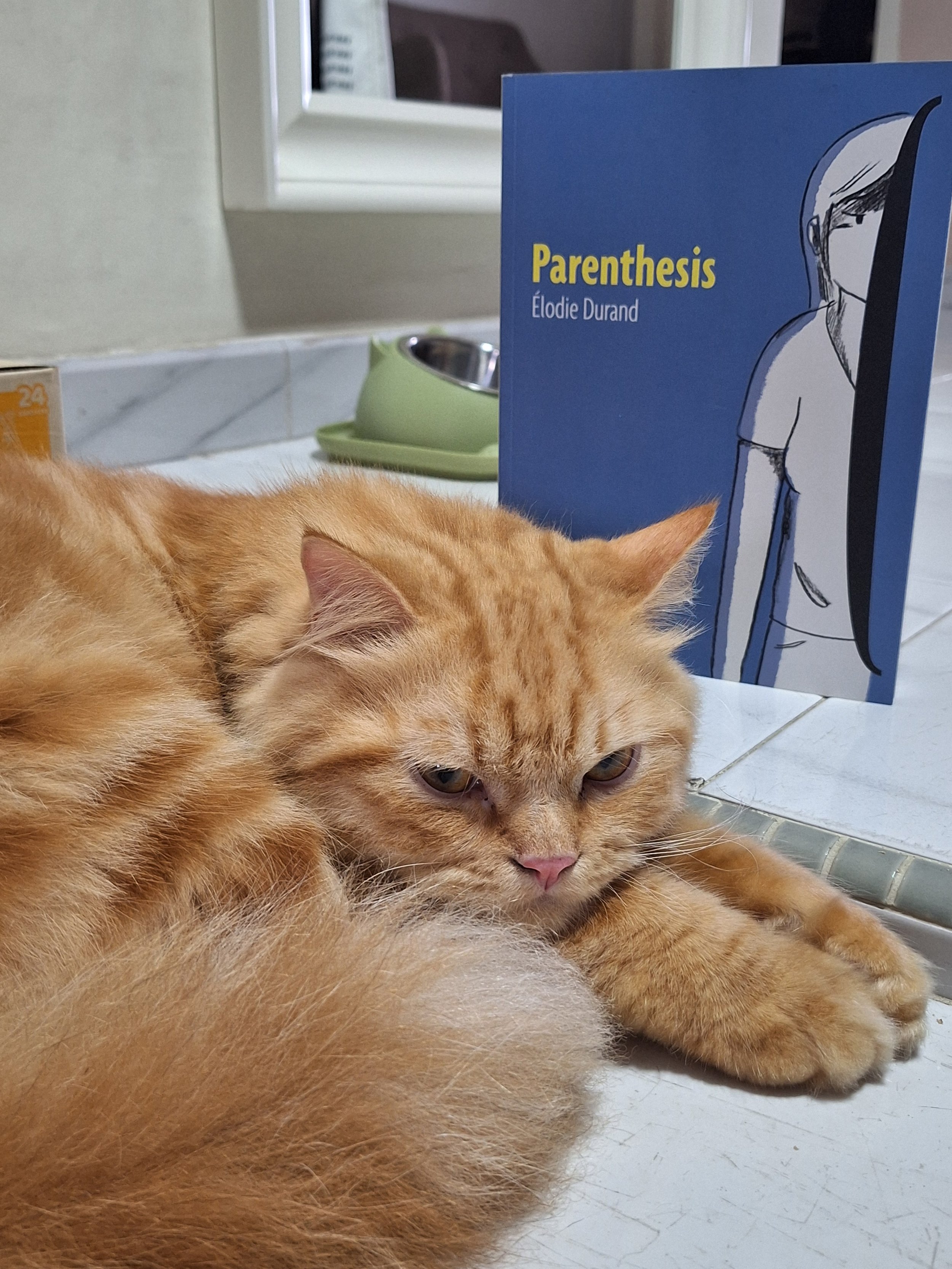
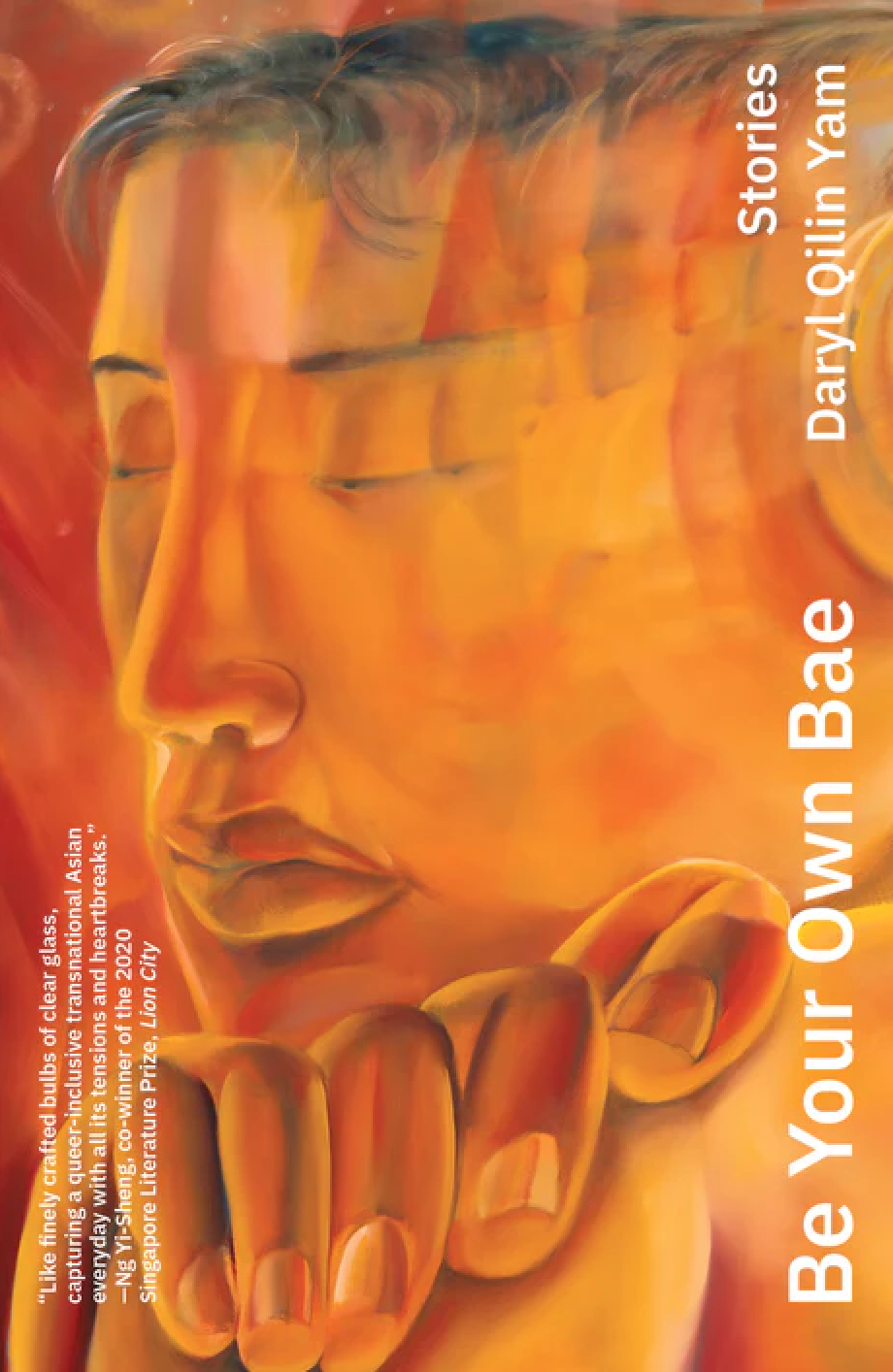
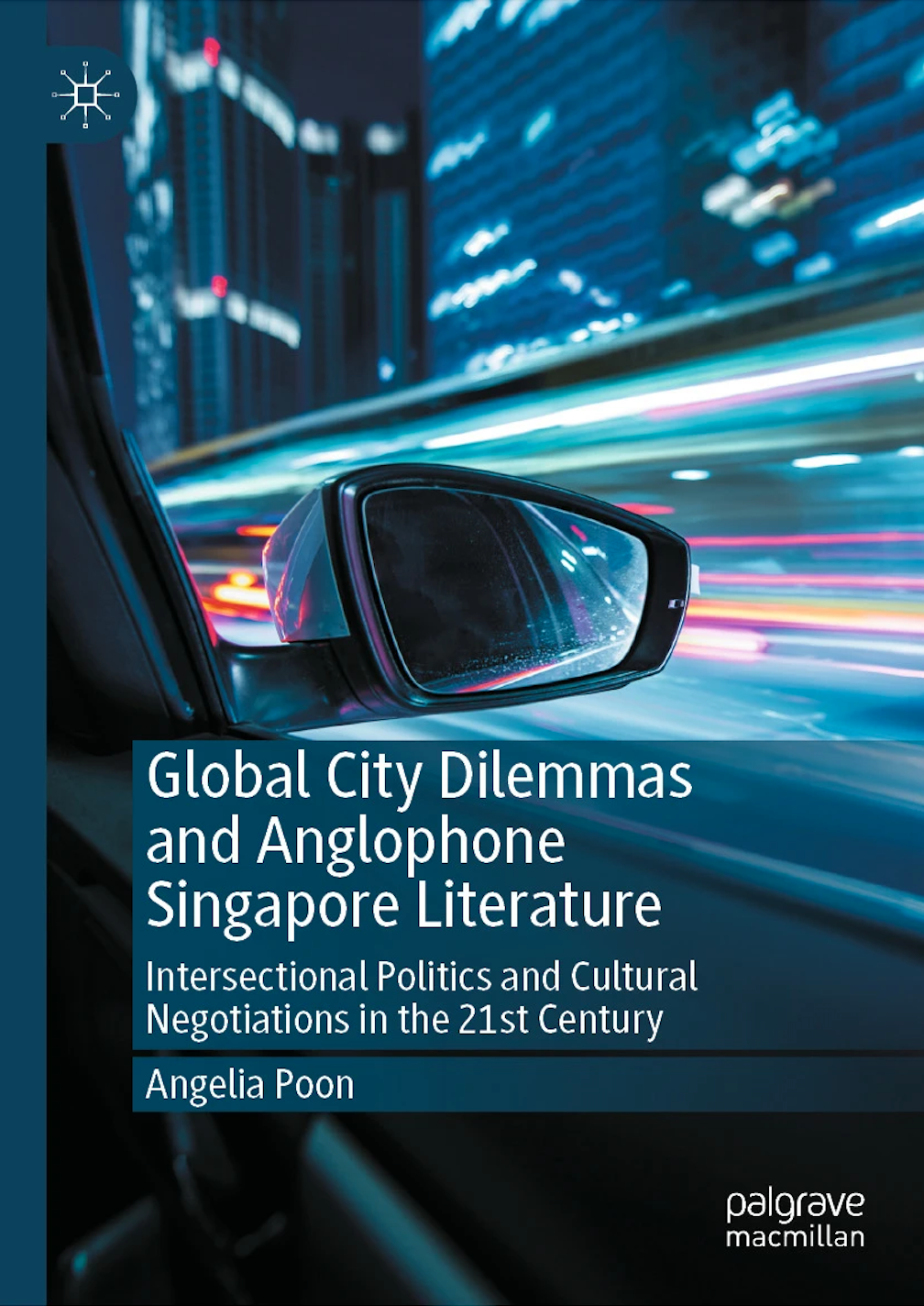
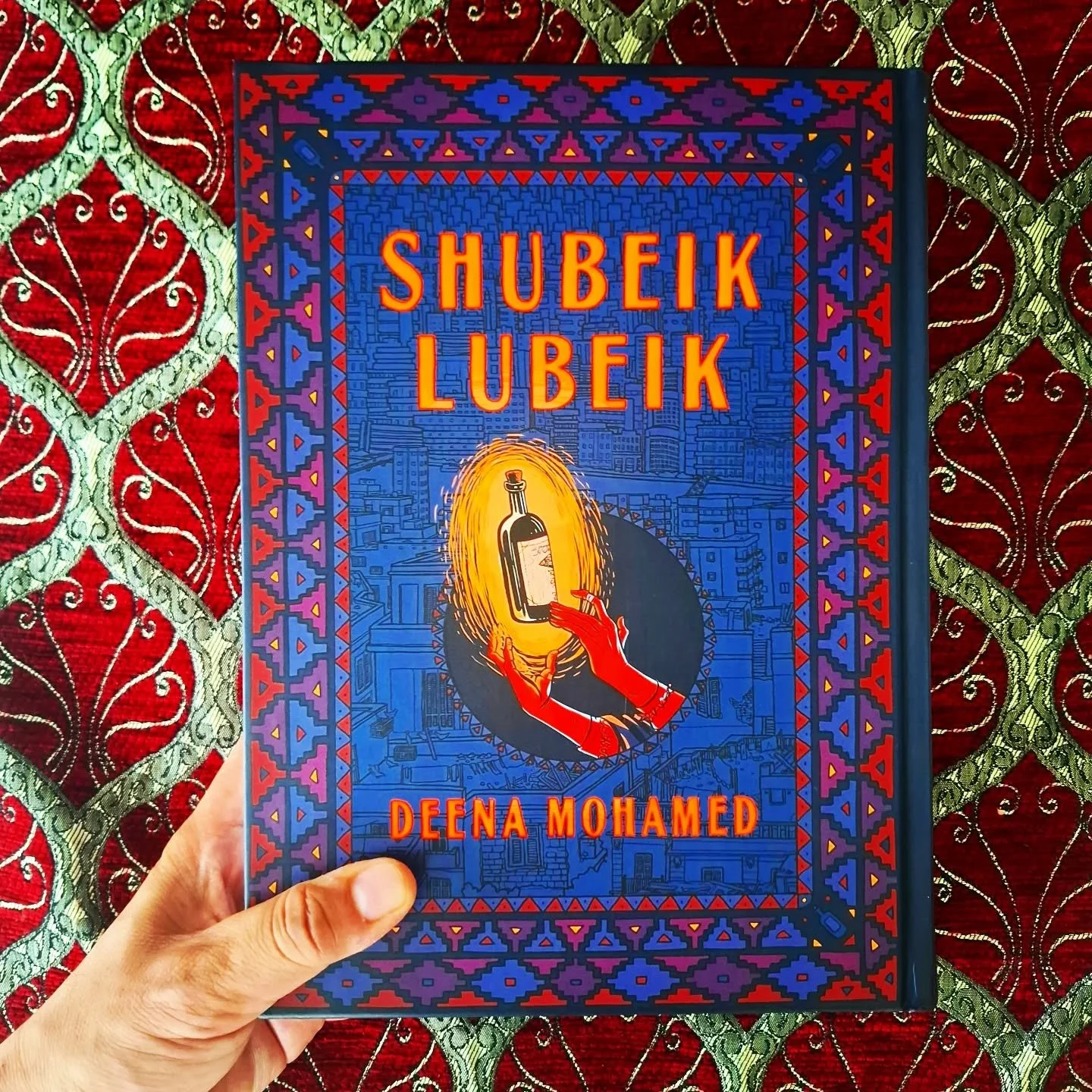



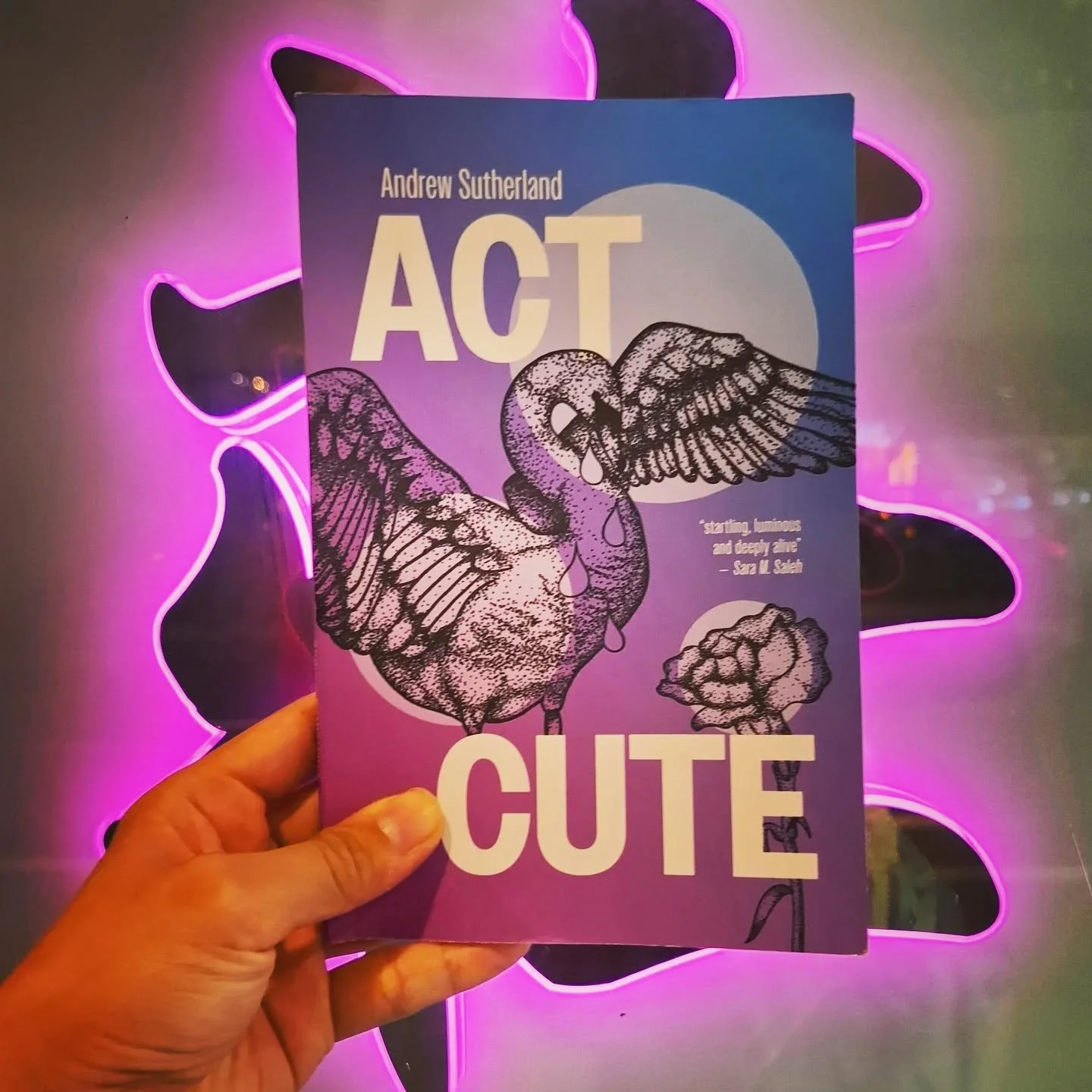
In Taiwan Travelogue, ‘twinned souls… are at once lost, but also found, in translation.’ A review by Eunice Lim.